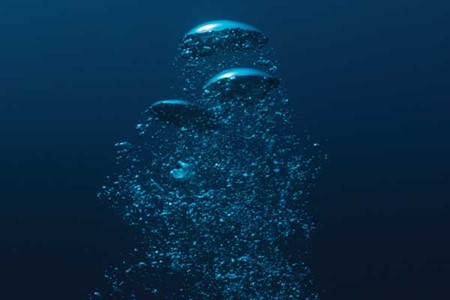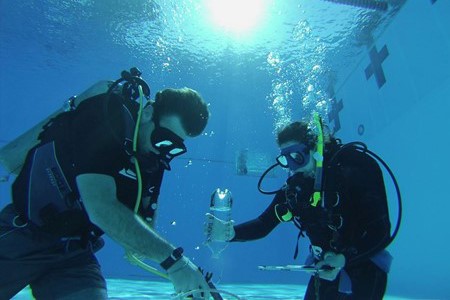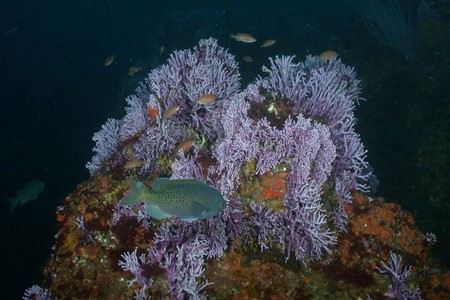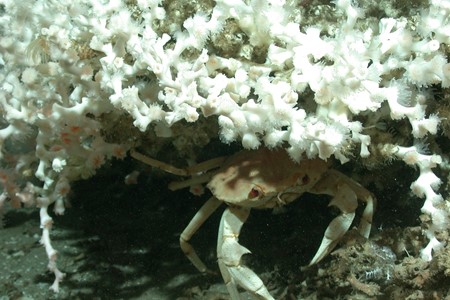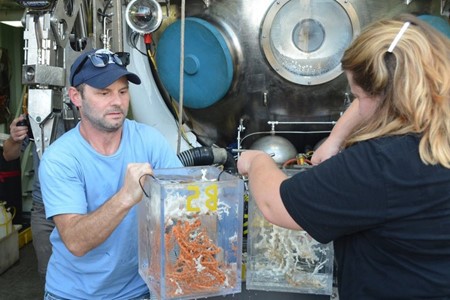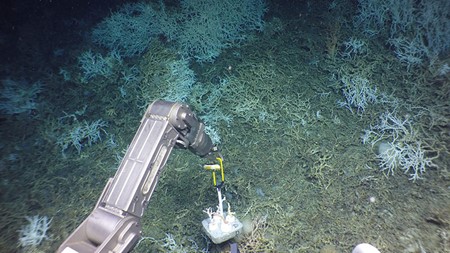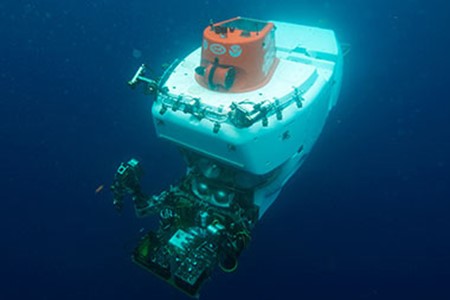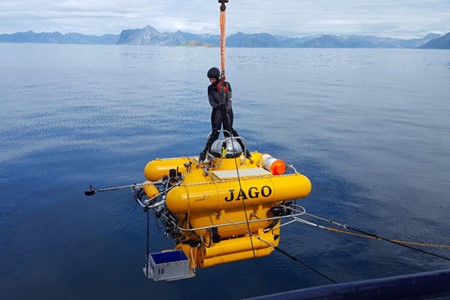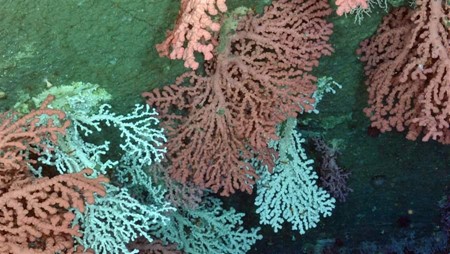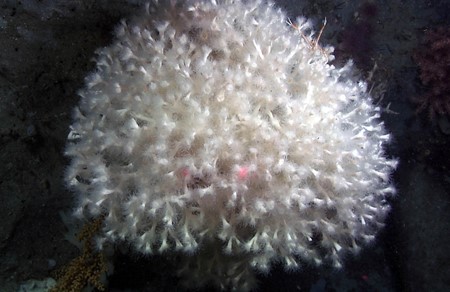Human interest in the marine environment originally focused on the highly productive coastal zone, where food and energy resources were readily available. The deep sea was left in relative peace. Over time, we began to use up our coastal resources and started looking further offshore for unexploited fish stocks and oil reserves. This industry migration precipitated the need to understand the distribution and sensitivities of deep-sea ecosystems to prevent damage from human activities.
Diving into Science at FSU
Scientific Diving has been taught at Florida State University since the inception of the Academic Diving Program in the 1970’s. Thanks to the work of FSU faculty including Dr. William F. “Doc” Herrnkind, a training program evolved focused on enabling student, faculty and staff research diving operations. January 9th, 2019, marks the 3rd time the training will be conducted under Diving Safety Officer Christopher Peters in a workshop entitled Introduction to Scientific Diving.

